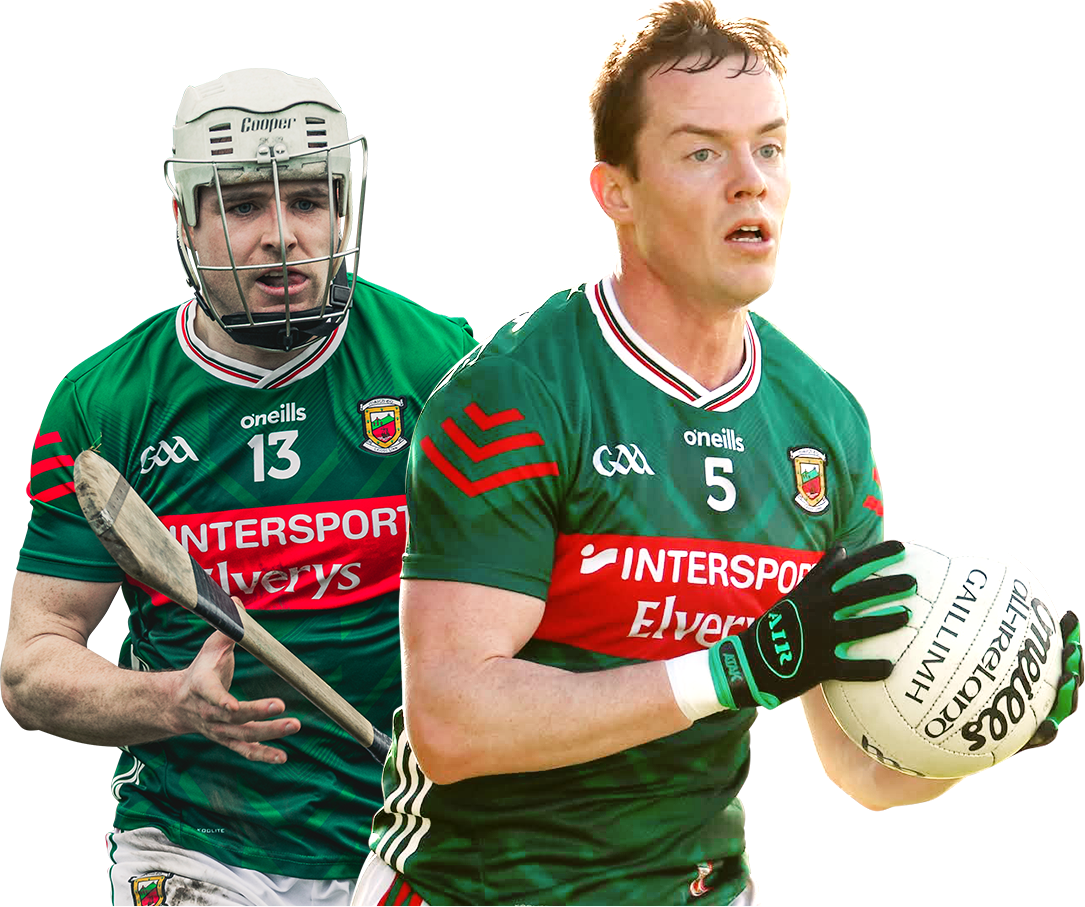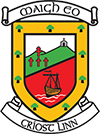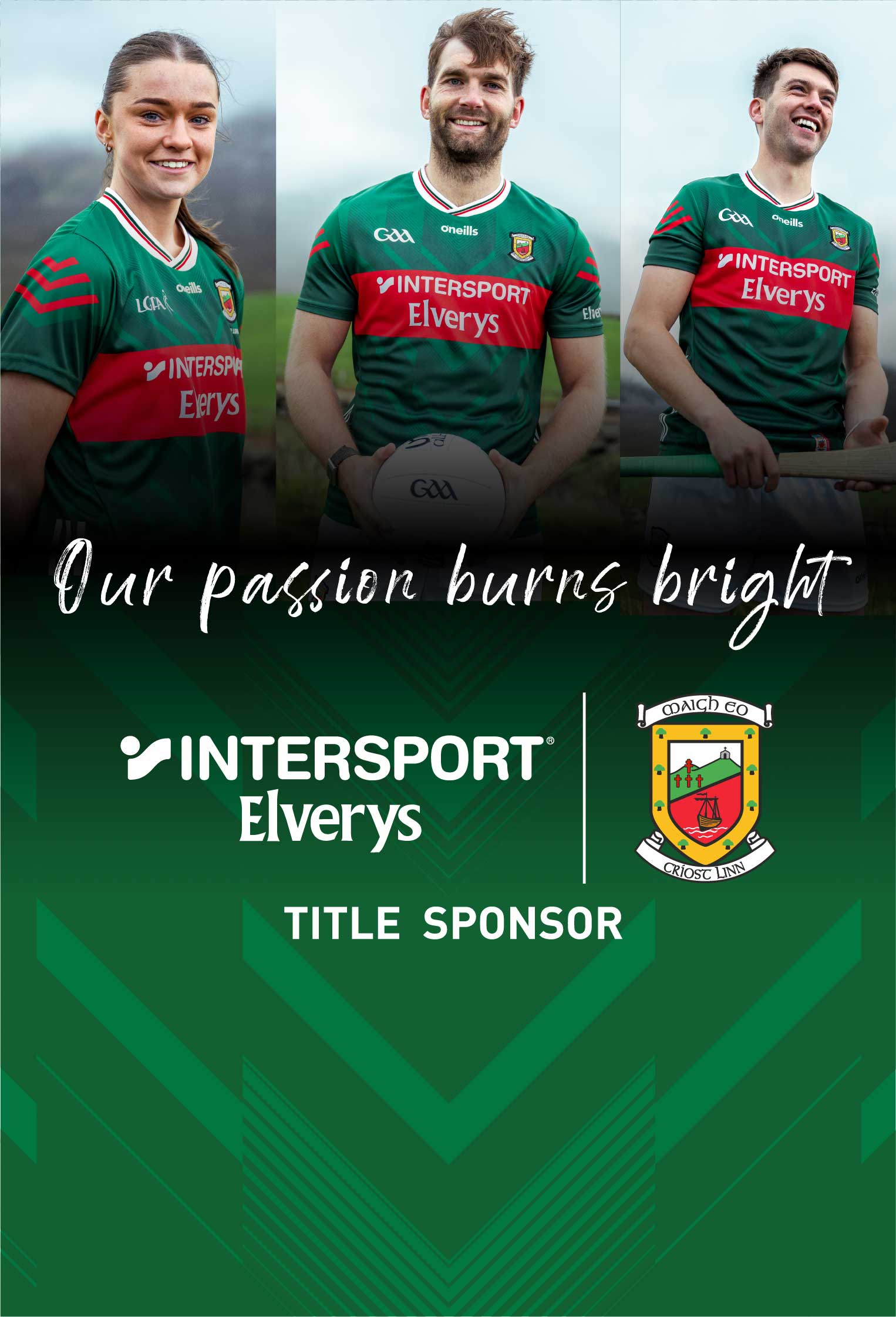Welcome to the Official Website of
Mayo Gaa
FÁILTE CHUIG SUÍOMH IDIRLÍN
OIFIGIÚIL CLG MHAIGH EO

FÁILTE CHUIG SUÍOMH IDIRLÍN
OIFIGIÚIL CLG MHAIGH EO
 |
Ballyhaunis Community SchoolHome | Juvenile C Football Competition 2025/26- Group 3 Loading... 24/02/2026 / Referee : TBC Venue : Ballyhaunis Community School | Glenamaddy Community SchoolAway |  |
 |
St. Jarlath`s College Tuam | PPS Juvenile D Hurling Competition 2025/26- Round Robin 24/02/2026 / 12:30 PM | St Geralds, Castlebar |  |
 |
Ballyhaunis Community School | PPS Juvenile D Hurling Competition 2025/26- Round Robin 25/02/2026 / 12:30 PM | Summerhill College Sligo |  |
 |
St. Jarlath`s College Tuam | PPS Juvenile Football Competitions 2025/26- Group 2 26/02/2026 / 12:30 PM | St Geralds, Castlebar |  |
 |
Roscommon Community College | PPS Juvenile D Hurling Competition 2025/26- Round Robin 27/02/2026 / 10:30 AM | St Colmans, Claremorris |  |
 |
St. Colman`s College | PPS 1st Year A Football Competition 2025/26- Group 2 - 10 Feb 2026 1 - 10 V 8 - 12 Venue : St. Colman`s College | St Geralds, Castlebar |  |
 |
Scoil Mhuire & Phadraic Swinford | PPS Juvenile D Football Competition 205/26- Group 2 - 05 Feb 2026 6 - 13 V 0 - 5 Venue : TBC | Davitt College |  |
 |
St. Jarlath`s College Tuam | PPS Juvenile D Hurling Competition 2025/26- Round Robin - 04 Feb 2026 1 - 8 V 3 - 8 Venue : St. Jarlath`s College Tuam | St Colmans, Claremorris |  |
 |
St Geralds, Castlebar | PPS Juvenile D Hurling Competition 2025/26- Round Robin - 04 Feb 2026 2 - 2 V 2 - 17 Venue : TBC | Summerhill College Sligo |  |
